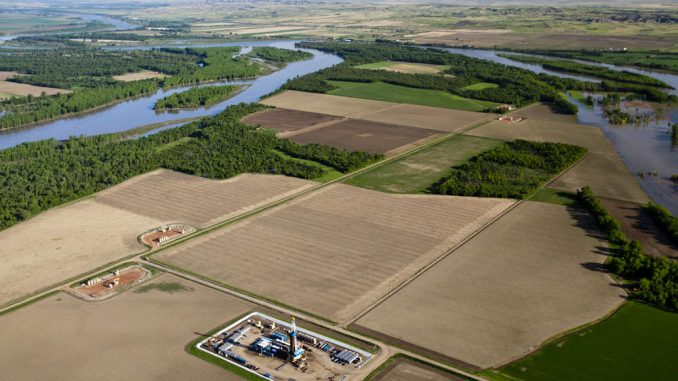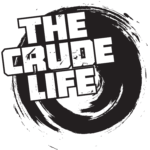

Interview: Jon Clark, Clark Energy Consulting
OPEC+ agreed to an outline of an unprecedented agreement for production cuts of 23% or 11MBPD at an “emergency virtual meeting” ahead but many analysts are suggesting it could fall through if other OECD nations don’t agree to cuts as well. Ultimately we need more clarity on this “outline of an agreement” and many are suggesting this could be clarified during Friday’s G20 meeting as to whether or not this global reduction requires US production cuts as well.
The tentative agreement which would be the largest ever oil output cut agreed on by OPEC+ ministers is coming without the US mandating curbs on its own crude production.
“There is no mechanism that I’m aware of anyway where the government mandates a production number (increase or decrease), or certainly not some price point mandate” “The beautiful thing about the American market place is that it adjusts almost immediately to the demand curve. If there’s no demand you have no production and we save that over the course of the past few weeks.” said U.S. Secretary of Energy Dan Brouillette
“The US can reduce production but it’s going to have to be done indirectly and voluntarily and we’ve seen that in some of the announcements made by Exxon and continental resources that they are planning to cut their production about 30% in the short term.” Dan K. Eberhart, CEO of oilfield services provider Canary, LLC
But there are about 9,000 Independent US Producers, and in a capital free market, due to lease and debt repayment obligations, it’s impossible for this to happen.
With an estimated reduction of 20-30MMBPD in oil demand as a result of the COVID-19 outbreak, even if the 11MMBPD cuts are exercised, it would not be enough to stabilize Crude markets.
“The US may be out of storage in the next 4-6 weeks, and several midstream companies have sent letters to producers asking them to slow or stop production, which is completely unprecedented because it goes against the pipeline companies own interest.” Said Eberhart
In my mind, this would only happen if storage is near full and prices are expected to fall further, where midstream players expect to buy the remainder of their storage at less than current prices, otherwise fork out extra cash for premium storage such as FPSO or face negative differentials where sellers must pay a premium to sell the product.
Rig count is down 118 rigs, or 15% in the past two weeks and I expect it to fall another 100-125 in the next month. Typically in low price environments, operators cut rigs, and allow for wells to naturally decline. In today’s unprecedented supply glut, additional measures are necessary such as curtailing or shutting in producing wells.
Harold Hamm says tariffs on crude imports are not a solution, as Saudi and Russia are economic dumping. Free markets should ultimately lead to a more efficient market and higher prices when the demand shock abates as people go back to driving and flying.
The Crude Life Podcast can be heard every Monday through Thursday with a Week in Review on Friday.
Spread the word. Support the industry. Share the energy.


